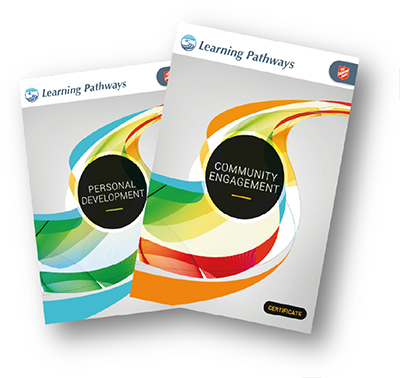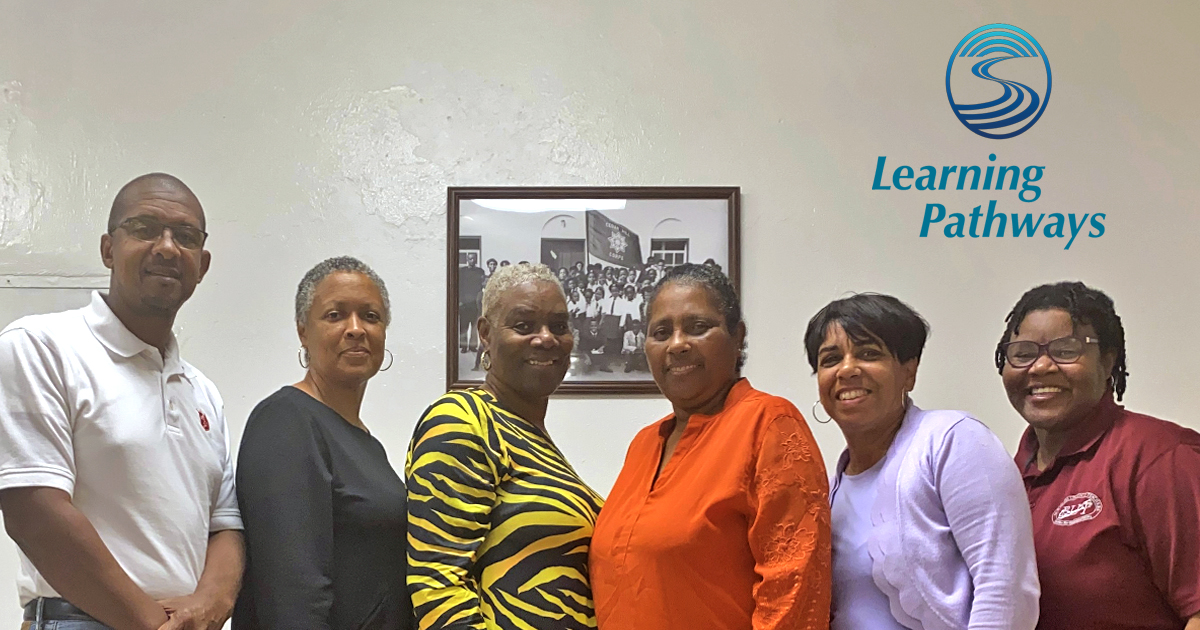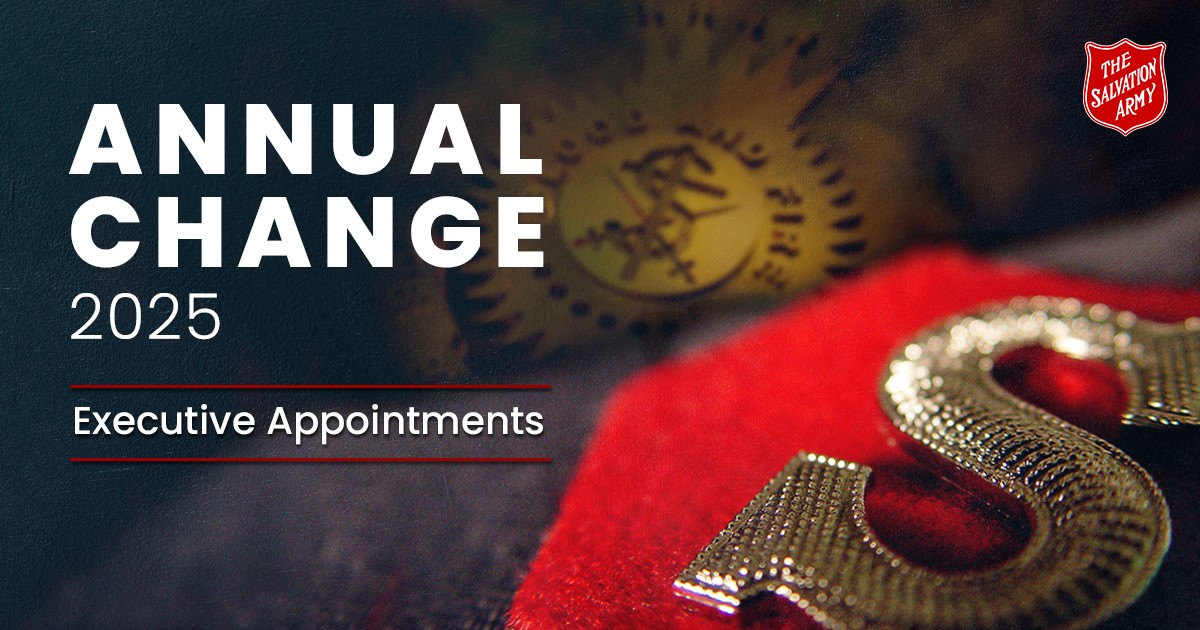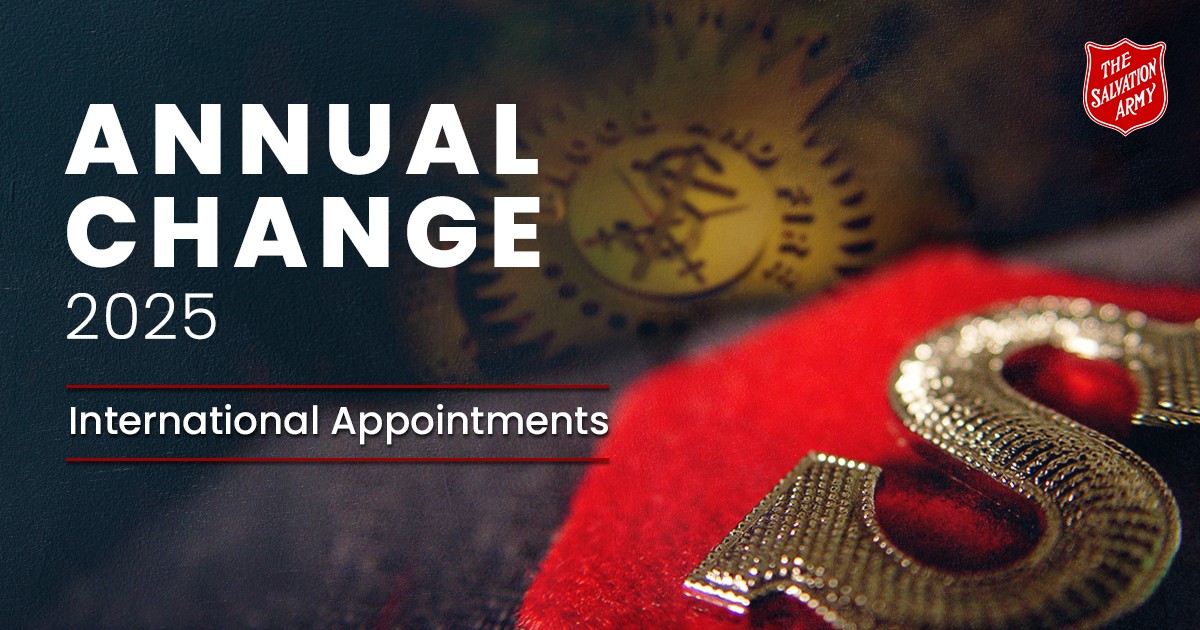As The Salvation Army’s Learning Pathways curriculum gains traction across the territory, corps fellowship groups are embracing the opportunity to engage with their communities in a more meaningful, intentional and transformative way.
First launched in 2021 by International Headquarters, Learning Pathways is an integrated community engagement training program featuring 12 faith-focused sessions, group reflections and real-life applications rooted in Scripture. It is offered free of charge and available in two formats: a resource book and also as an online version through Booth University College, with both methods earning a certificate upon completion.

Learning Pathways has also been considered in the creation of the new eight-year plan for cadet training at the College for Officer Training, and is now mandated as part of the first year of study. However, this program is not limited to officers; it welcomes corps leaders, congregants and anyone else interested in personal development and community outreach.
“The best way to do Learning Pathways is in a cohort,” explains Claire Dunmore, community mission secretary. “It encourages individuals to rethink their roles within the mission and understand how everyone, not just corps officers, can contribute to advancing the mission of The Salvation Army.”
At Cedar Hill Corps in Warwick, Bermuda, a group of seven church members completed Learning Pathways together in June. “It was incredibly enriching,” says Joanne Anderson, who initially took the course independently before deciding to facilitate the group at the corps. “It required us to develop goals, create an action plan and reflect on our personal and spiritual development.”
While some members of the group created goals based on personal health and wellness, others set goals around time management, organization, listening or communication skills. “It encouraged us to look at our own individual skills, how we listen to people and how we can engage with others in a way that is not judgmental or biased. Then, we discussed what this looks like when we go out into the world, witness to people and speak into their lives,” says Anderson.
Since then, Cedar Hill has measured the impact of these lessons by conducting surveys inside and outside of the corps to determine how the community perceives The Salvation Army’s service and what could be done to improve it.
Similarly, at The Salvation Army Mount Pearl Corps, N.L., a group of nine participants began Learning Pathways in October 2022. For Major Lisa Hillier, corps officer, Learning Pathways has been a highlight of her ministry. The weekly meetings provide a safe space for participants to share their experiences, reflect on readings and explore ways to better connect with their communities.
“Learning Pathways helps us look beyond the four walls of our church,” says Major Hillier. “We all want to see our corps grow, but we have to be willing to do more outside of the church to make that happen.”
Since implementing Learning Pathways, Mount Pearl Corps has received a $25,000 territorial innovation grant for a project aimed at creating a better presence in the community, using insights from Learning Pathways to host community events and extend their outreach efforts.
“Often in ministry, I felt my husband, Major Morgan Hillier, and I were pushing community engagement and mission in a silo, alone,” says Major Hillier. “Now we have a team on board who are excited and motivated to make a difference in our community.”
To learn more and register for Learning Pathways, visit salvationist.ca/learningpathways.










Leave a Comment